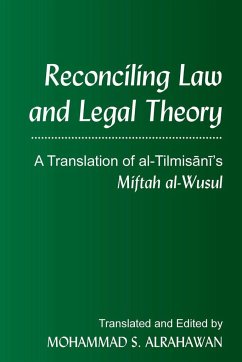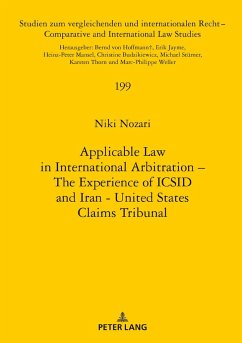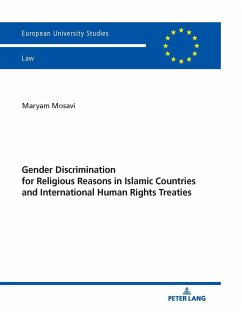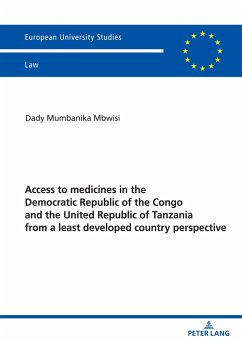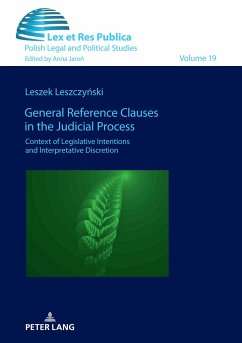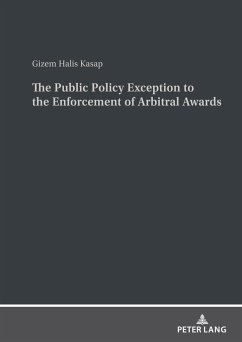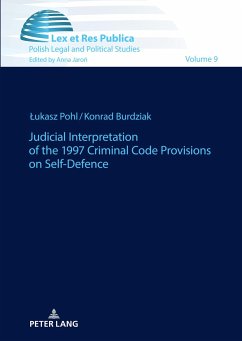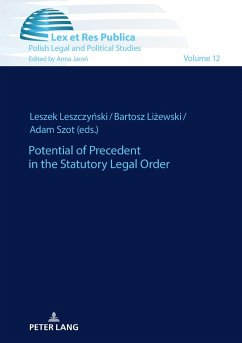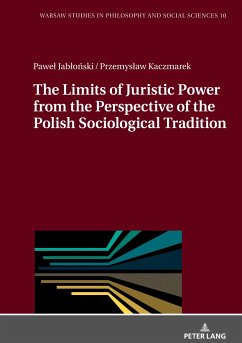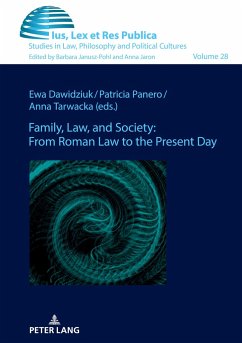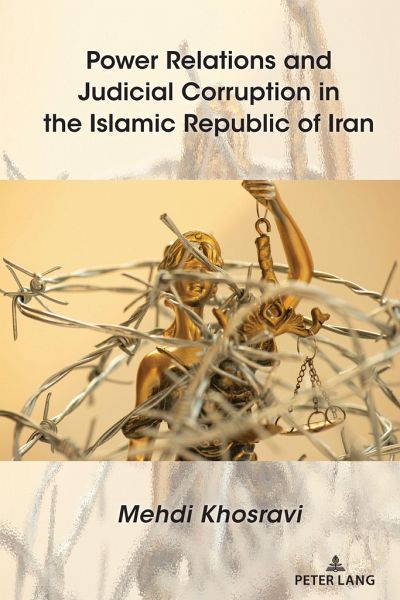
Power Relations and Judicial Corruption in the Islamic Republic of Iran
Versandkostenfrei!
Versandfertig in 6-10 Tagen
99,15 €
inkl. MwSt.
Weitere Ausgaben:

PAYBACK Punkte
0 °P sammeln!
In order to understand the political structure and stability in the Islamic Republic of Iran, the nature of the Islamic judicial system in the country must be analysed. This book undertakes this responsibility and is the first comprehensive study of structurally deep-rooted corruption in the Islamic judiciary system. The findings of this research show that corruption in the judiciary is widespread in breadth and depth. This corruption has infiltrated every sector of the Islamic regime to the point where it impacts the day-to-day routine of the Iranian people.Without a doubt, the influence of t...
In order to understand the political structure and stability in the Islamic Republic of Iran, the nature of the Islamic judicial system in the country must be analysed. This book undertakes this responsibility and is the first comprehensive study of structurally deep-rooted corruption in the Islamic judiciary system. The findings of this research show that corruption in the judiciary is widespread in breadth and depth. This corruption has infiltrated every sector of the Islamic regime to the point where it impacts the day-to-day routine of the Iranian people.
Without a doubt, the influence of the Supreme Leader on the judiciary is the most prominent factor in the formation of judicial corruption and its epidemical spread to other parts of the government. This judicial corruption has calamitous consequences on Iranian society and has endangered society's security. It has infringed on human rights, caused a dwindling economy, devalued the rule of law, and delayed socialprogress in the country.
This book will be of interest to students of legal studies, political science, Islamic studies, sociology, or religious studies. The book also provides precious insights for journalists, civil service employees, decision-makers, and all of those who are interested in discovering the reason for brutality in the Islamic judiciary. The book also provides useful information for the learned societies and research centres that are concentrated on Iranian studies, criminology, good governance, rule of law, and criminal justice systems.
Without a doubt, the influence of the Supreme Leader on the judiciary is the most prominent factor in the formation of judicial corruption and its epidemical spread to other parts of the government. This judicial corruption has calamitous consequences on Iranian society and has endangered society's security. It has infringed on human rights, caused a dwindling economy, devalued the rule of law, and delayed socialprogress in the country.
This book will be of interest to students of legal studies, political science, Islamic studies, sociology, or religious studies. The book also provides precious insights for journalists, civil service employees, decision-makers, and all of those who are interested in discovering the reason for brutality in the Islamic judiciary. The book also provides useful information for the learned societies and research centres that are concentrated on Iranian studies, criminology, good governance, rule of law, and criminal justice systems.





